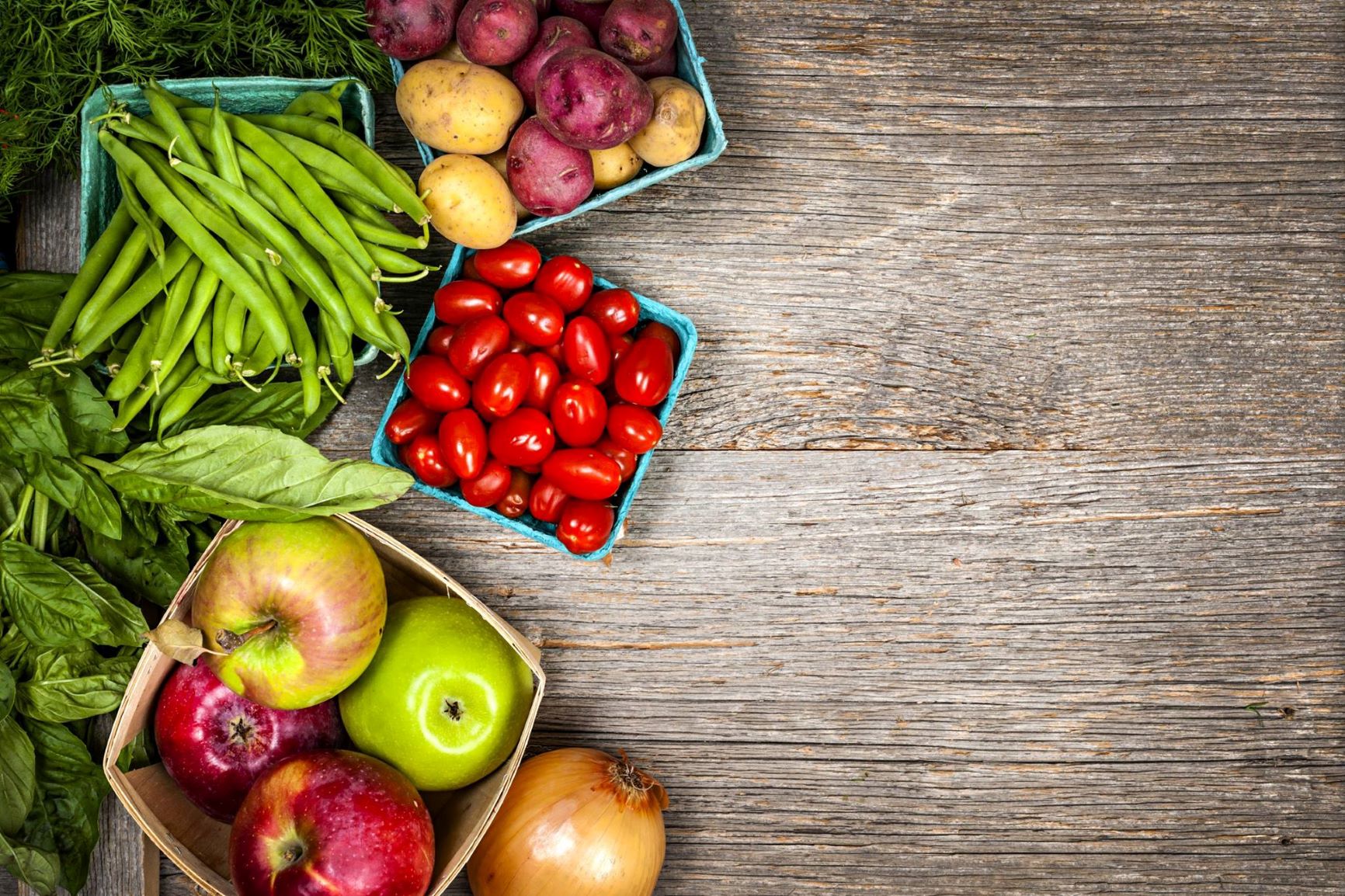Iron Gate Tulsa Partners with OU-TU School of Community Medicine Culinary Medicine Program to Promote Nutrition Equity for Those Affected by Homelessness
- Category: News, Adults Services
- Posted On:

TULSA, OK – Iron Gate Tulsa is partnering with The Culinary Medicine Program of the OU-TU School of Community Medicine, a branch campus of the OU College of Medicine in Tulsa, in affiliation with OU Health, to bring “food as medicine” for individuals affected by homelessness. As Tulsa’s largest stand-alone soup kitchen, Iron Gate provided 233,122 prepared meals and 45,630 bags of groceries in 2019. Since the COVID-19 pandemic, demand for program services has increased exponentially.
Lack of housing can make it exceptionally difficult for people to manage chronic diseases, such as diabetes and high blood pressure, which require healthy food for their control. Thanks to a grant from the Morningcrest Healthcare Foundation, the Iron Gate food service staff will work with OU Culinary Medicine Executive Chef Valarie Carter, MPH, and Marianna Wetherill, OU Culinary Medicine registered dietitian and associate professor, to redesign their soup kitchen menu.
The project will begin with a health needs assessments of Iron Gate guests, followed by piloting of new foods to ensure the final menu redesign fully meets guests’ needs. Lacey Caywood, OU-Tulsa Master of Public Health candidate will co-lead the health needs assessment and development of a technical assistance manual for use by other soup kitchens across the US based on this project’s work.
“Our team is honored to be able to work with Iron Gate to bring food as medicine to those in our community who can benefit from it the most. This is what community medicine is all about,” Wetherill said.
Healthy food access is an important determinant of health and individuals experiencing homelessness face a six-fold increased risk for food insecurity, which implicates chronic disease risk and hinders proper disease management. Food insecurity is significantly associated with hospitalizations and high utilization of emergency departments, which is partly due to not having the foods necessary to manage chronic disease. Soup kitchens, food pantries, and shelters play an essential role within the US food safety net by working to prevent absolute hunger; however, foods provided may lack essential nutrients and not meet the therapeutic needs for those living with chronic disease. Shelters and soup kitchens are often the only reliable source of food for people faced with homelessness, which makes the need for healthy meals so very critical.
As an emergency room physician and lead physician for the Culinary Medicine program, Lori Whelan, M.D., sees the complications from this problem all too often. “More shifts than not, I end up providing care to a homeless patient who is experiencing a hypertension or blood sugar crisis that was likely exacerbated by lack of healthy food options while living on the streets.”
The most recent Tulsa Point-in-Time reported 2,123 ED visits (costing $2.25 million), a 48 percent increase since 2015. Hospitalizations totaled 1,117 (costing $2 million), a 70 percent increase since 2015. These figures are likely to grow as the state continues to face the COVID-19 pandemic. A recent survey conducted in June by the U.S. Census Bureau found nearly half (44.9 percent) of respondents in Oklahoma had experienced a loss of income, nearly half (44.4 percent) of respondents in Oklahoma reported delaying medical care due to the COVID-19 pandemic and nearly a quarter (24.5 percent) reported missing last month’s rent or mortgage payment, or who have slight or no confidence that their household can pay next month’s rent or mortgage on time.
At Iron Gate, demand for meals is up 35% over this time last year. Iron Gate is also providing groceries for 68% more households. Many of those seeking groceries point to the pandemic as the reason they are in need of grocery assistance. Iron Gate has served more than 132,000 meals and provided more than 7,500 households with more than 178,000 pounds of groceries since mid-March.
“The Coronavirus pandemic has really underscored the importance of providing access to healthy food for everyone,” said Carrie Vesely Henderson, Iron Gate’s Executive Director. “We work to provide fresh fruit and vegetables daily for our guests, but this ‘food as medicine’ program will really improve our capacity to provide nutritious meals.” Iron Gate regularly surveys its guests, so leaders are aware that Iron Gate guests face a myriad of health issues. “By working with OU’s Culinary Medicine team we will be able to not only feed people, but also fill our plates with healthier foods. At the end of the day, this is all about our guests and making sure they have the fuel they need to get their lives back on track. Included with the grant is commercial-grade food preparation equipment for whole food cooking techniques. “We are proud to be one of the first soup kitchens in the nation to embark on an initiative like this.”
###
About OU Culinary Medicine
The Culinary Medicine Program was established in 2018 as a joint initiative between researchers at the OU-TU School of Community Medicine, a branch campus of the OU College of Medicine in Tulsa
and the Hudson College of Public Health at the University of Oklahoma Health Sciences Center, in affiliation with OU Health, thanks to an initial investment from the Ardmore Institute of Health. The program’s mission is to improve the health of local communities through the power of food by teaching medical students, residents, physicians, and patients essential cooking skills for making healthy, affordable meals and the practice of mindful eating.
About Iron Gate
Iron Gate’s mission is simple. We feed the hungry in Tulsa-every day. We feed people in three ways, through our soup kitchen, grocery pantry, and kid’s pantry. Founded in 1978, we serve a community meal every day (weekends and holidays included). Iron Gate also offers a grocery pantry three times a week and provides kid’s packs, which are quart-sized bags filled with nutritious snacks, to every child who visits the organization. We call those who eat at Iron Gate our “guests” because we invite them to eat with us. Our philosophy is we are all guests on this earth and guests treat one another with courtesy, kindness, and respect. Our vision is to be a friendly, welcoming place where all are greeted with a smile-a place of comfort and wholesome food, and a temporary respite from the major problems awaiting our guests outside our gates-unemployment, poverty, health care, shelter, transportation and more.


.png)
